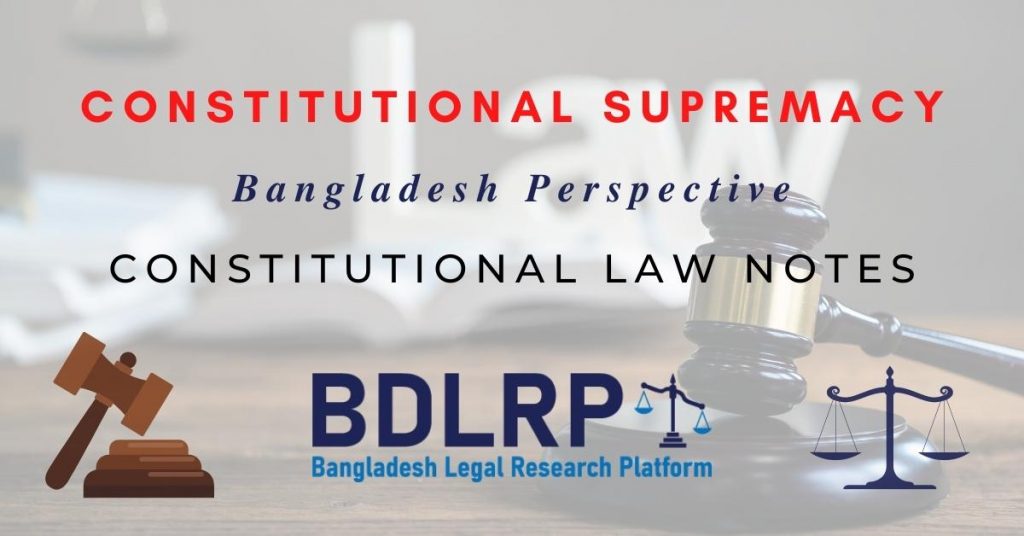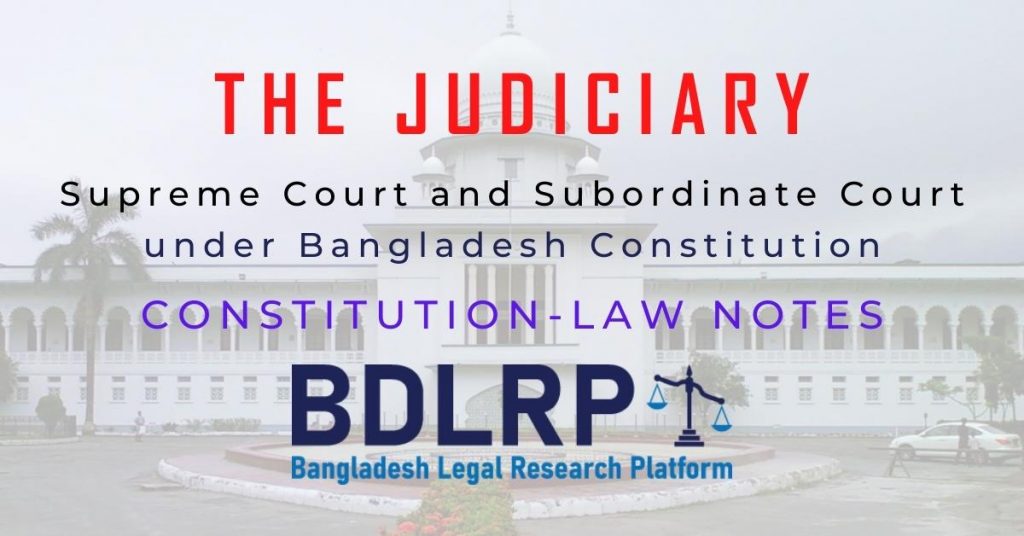????????????:
Constitution is a document or a set of documents which contains and describes the fundamental principles, fundamental rights, election of the government, different organs of the state or government and creates a legal relationship between the government and governed. It is also called the supreme law of the state.
Many jurists, however, define constitution in many senses:-
i. George Cornewall Lewis, a British statesman and man of letter, defines Constitution as the “system and distribution of sovereign power as community and government.”
ii. Jhon Austin stated the definition of constitution as “it fixes the structure of supreme government.”
iii. Aristotle defines Constitution as “the way of life the state has chosen for itself.” It is considered as a vague definition of the constitution because no clear characteristics of constitution are not found here.
iv. According to C.F. Strong- “A constitution may be said to be a collection of principles according to which the powers of the government, the rights of the governed and the relation between the two are adjusted.” It is, the definition of Strong, more or less a defectless one.
??????????????? ?? ??? ????????????
A Constitution may be classified from different points of view:
★ Codified or Written Constitution
★ Uncodified or Unwritten Constitution
★ Flexible Constitution
★ Rigid or Inflexible Constitution
i. Written Constitution: Written Constitution may be called Codified Constitution because here the major principles and key constitutional provisions are entrenched, safeguarding them from interference by the government of the day. It is a specific document and has been passed by a specific body. USA Constitution, Indian Constitution, Bangladesh Constitution are the example of Codified or Written Constitution.
ii. Unwritten Constitution: Where the constitution has not been passed formally as a specific document by a specific body and fundamental principles concerning state administration exist in political customs, judicial decision and in some scattered documents, the constitution is an unwritten or uncodified constitution. The British Constitution is a great example of an unwritten or uncodified constitution. According to some writers or law experts the classifications of constitution (Written and Unwritten) are not scientific because no constitution can, in practice, be fully written or unwritten. An unwritten constitution must have some written elements; e.g. British Constitution is unwritten but some important elements of it are contained in written documents like Magna Carta, Bill of Rights, Act of Settlement etc.
iii. Flexible Constitution: Flexible constitution means which can be adapted and changed easily. The great advantage of a Flexible Constitution is that the smoothness with which it can be adapted to new conditions and altered conceptions of the community.
iv. Rigid Constitution: Rigid or inflexible constitution can not be changed easily. Usually in this system a two-third or three-fourth majority in the legislature is required for any amendment. Bangladesh Constitution is a great example of Rigid Constitution.
?????????????? ????????? (?????????? ???????????)
Two types of supremacy are found in the Constitutional systems in different countries, e.g.
i. Parliamentary Supremacy
ii. Constitutional Supremacy
i. Parliamentary Supremacy: The term Parliamentary Supremacy means that the Parliament is the supreme over the constitution. It is also called the legislative supremacy because the legislatures are limited by the constitution, the legislatures exercise an unlimited and supreme power in law-making. Parliamentary Supremacy only possible in those countries where the constitution is unwritten and flexible e.g. UK’s Constitution.
ii. Constitutional Supremacy: The term Constitutional Supremacy means that the constitution is supreme over the Parliament and the parliament can exercise its functions being only within the bounds of the constitution. Constitutional Supremacy is possible only where the constitution is written and rigid e.g. The Constitution of The People’s Republic of Bangladesh.
Article 7 of Part I of The Constitution of The People’s Republic of Bangladesh discusses about the Supremacy of the constitution. Article 7(2) imparts that the constitution is the Supreme Law of the Republic, and if any other law is inconsistent with this constitution that the other law shall, to the extent of the inconsistency, be void; e.g. the Parliament passes a new act, one or more sections of that act create conflict with the constitution, then the section or sections of this act, which create conflict, shall be void i.e. “void ab initio” (void from birth).
Reference
★ Constitution, Constitutional Law and Politics: Bangladesh Perspective- Md. Abdul Halim
★ An Introduction to The Constitutional Law of Bangladesh- M. Jashim Ali Chowdhury
Author: Md. Samiul Alam
Department of Law,
Comilla University.





Comments are closed.